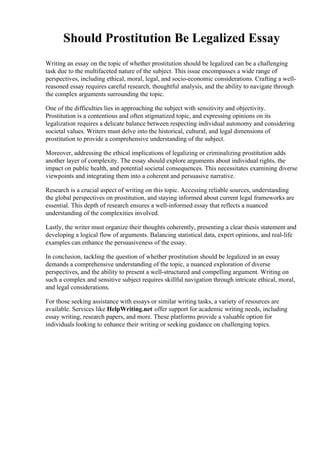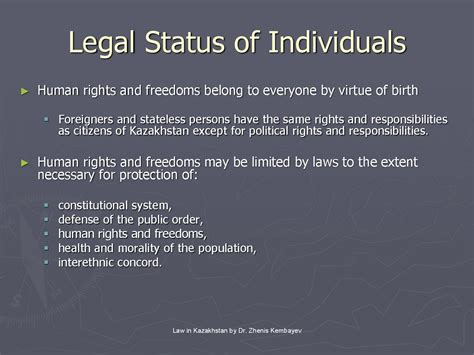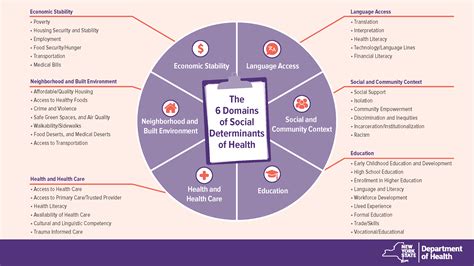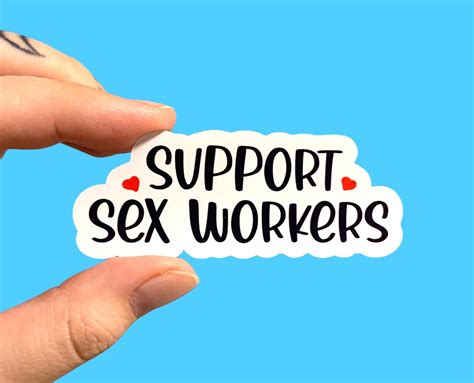Understanding Prostitution: Legal, Social, and Health Implications

Definition and Legal Status of Prostitution

Prostitution is a type of sex work that involves engaging in sexual activity in exchange for payment. The definition of “sexual activity” varies, but it generally includes any act that is sexual in nature, such as intercourse, oral sex, or other forms of physical intimacy. Prostitution is regulated differently depending on the jurisdiction. In some places, it is fully legal and regulated, while in others, it is illegal and punishable by law. In the United States, for example, Nevada is the only state where prostitution is legal, but it is restricted to licensed brothels in certain counties.
Health and Social Implications

Prostitution can be harmful on many levels, posing a threat to a woman’s mental and physical health among many other consequences. It can also contribute to the spread of sexually transmitted infections (STIs) if proper precautions are not taken. Additionally, prostitution is often associated with social stigma, addiction, and legal issues for those involved. Sex trafficking, which involves the use of force, fraud, or coercion to exploit individuals for commercial sex, is a serious issue closely linked to prostitution.
Resources and Support for Sex Workers

Resources for sex workers include access to health services, legal assistance, and support organizations. These resources aim to provide safety and protection for those involved in the industry. Initiatives like the SOAP (Save Our Adolescents from Prostitution) Project focus on rescuing and rehabilitating young people involved in the sex trade, offering them support and alternative life paths.
Prostitution in Specific Regions
In Ohio, promoting prostitution is a criminal offense that can result in fines and imprisonment. The exact penalties depend on the severity of the offense and any prior convictions. Public indecency laws also play a role in regulating behavior that is considered offensive or immoral in public spaces, often encompassing prostitution.
Escort Services and Related Activities

Escort services are often advertised as companionship, but the specifics of what is offered can vary widely. Escorts may operate independently and offer additional forms of companionship, whereas prostitutes typically engage in more direct sexual transactions. The distinction between escort services and prostitution is often blurred, leading to legal and societal confusion.
Prevention and Awareness
HIV prevention for sex workers is a critical area of focus. While condoms significantly reduce the risk of HIV transmission, they are not 100% effective. Regular testing is recommended, especially after unprotected sex or potential exposure. Educational and support programs aim to provide sex workers with the knowledge and resources needed to protect their health and well-being.
Prostitution in Ifo, Nigeria

Recent reports have highlighted the ongoing issues related to prostitution in Ifo, Nigeria, including efforts by law enforcement to combat human trafficking and illegal activities. Some teen sex workers rescued in the Ifo Local Government Area have narrated their ordeals in the sex trafficking camp, sharing stories of abuse, exploitation, and harsh conditions.
Rescue and Rehabilitation Efforts
Initiatives like the SOAP Project and Prostitutes’ Options, Referrals, and Alternatives Inc. (PORA) work to rescue and rehabilitate individuals involved in the sex trade, offering support and alternative life paths. These organizations play a crucial role in addressing the root causes of prostitution and providing hope for those seeking to leave the industry.
*TAGS* – Prostitution, Ifo, sex work, legal implications, health risks, escort services, human trafficking, HIV prevention, SOAP Project, PORA, rehabilitation, legal assistance, social stigma.